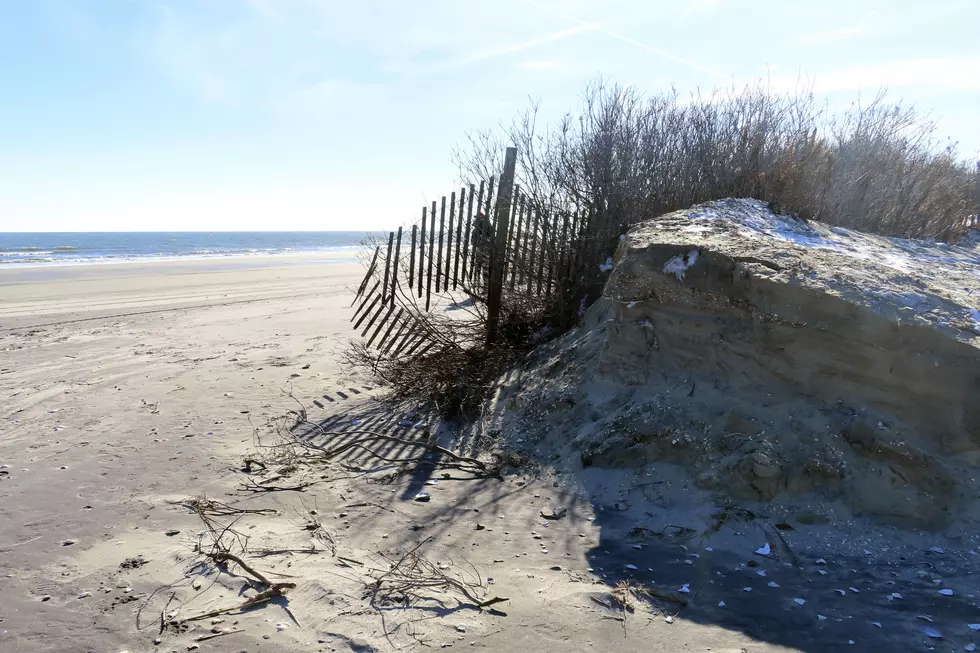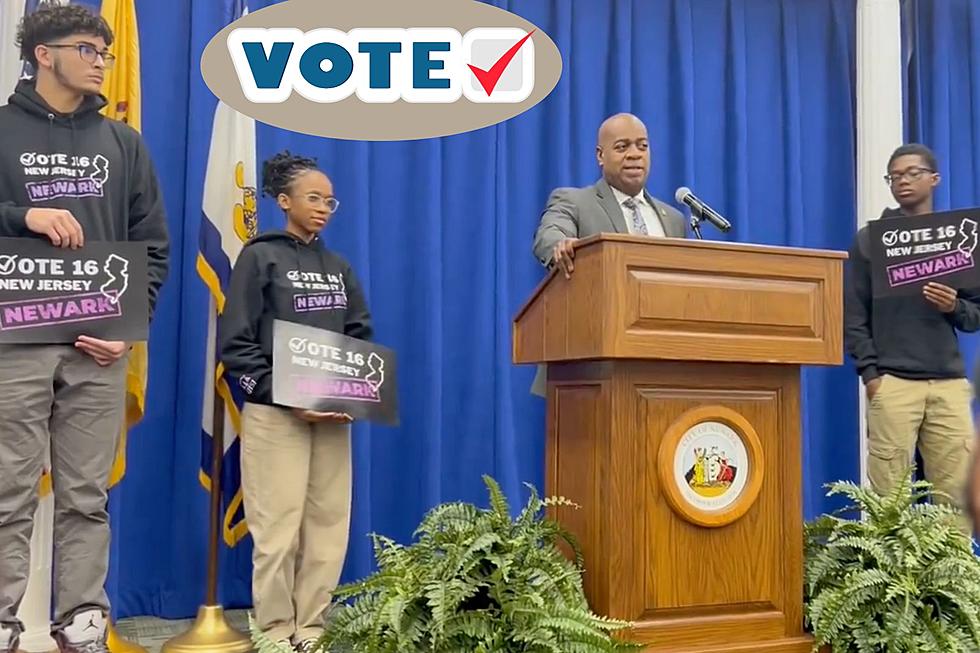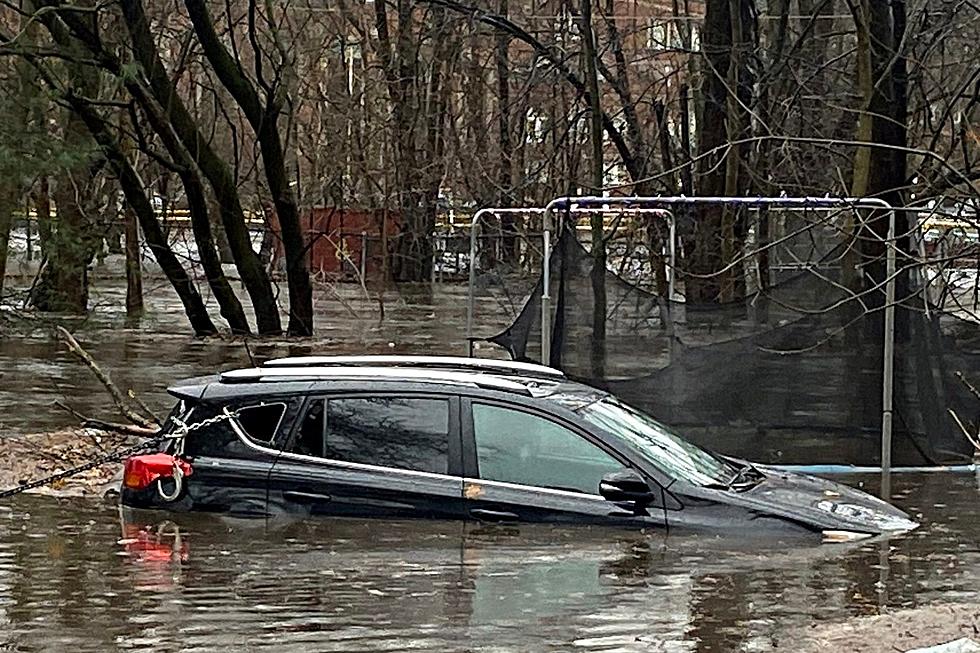NJ Senate Democrats Deliver What They Call The Real State Of The State [VIDEO]
In advance of the Governor Chris Christie’s State of the State address tomorrow, Senate Democratic leaders today delivered their own take on how things stand in New Jersey. And the Governor has responded.
Senate President Steve Sweeney, Senate Majority Leader Loretta Weinberg and Senate President Pro Tempore Nia Gill are talking about the state's decades high unemployment rate, second in the nation foreclosure rate, shrinking middle class, and the slashing of programs that directly impact women and the most vulnerable.
"The Governor got elected by saying he would do something about the economy in New Jersey, but our unemployment rate is nearly identical now to what it was when he came into office," says Sweeney. "Despite these figures, at no point in the last three years has this governor presented a comprehensive plan to create jobs in this state. In the meantime, the middle class in New Jersey has shrunk and more people are living in poverty.”
Christie says he will dedicate his State of the State speech tomorrow to restoring New Jersey in the wake of super-storm Sandy. Sweeney says that’s a crucially important issue, but not the State’s only problem. Christie says the recovery from super-storm Sandy is about turning the economy around and creating jobs.
Sweeney says, “We all know the long road ahead for New Jersey as we look to rebuild after Sandy. That does not mean, however, that we can ignore the serious issues that were facing our state before the storm hit. Actions always speak louder than words and what people in New Jersey need right now is action on jobs, action on housing and action on those issues that impact women and the most vulnerable. In New Jersey, the real state of the state is a daily struggle for hard working people to get by.”
The Democrats claim the Governor has been especially hard on the state's women. He has eliminated family planning funding, forcing the shutdown of women's health centers and placing a particularly hard burden on low-income women. They insist he has also fought against common sense measures on women's health, such as when he refused to pursue a $9 federal match for every $1 spent on women's health care for Medicaid-eligible residents. In September he vetoed legislation that would have established pay equity for women in New Jersey.
Sweeney's Definition Of Lucky
The Governor's office has taken issue with Sweeney's statement that "(Christie's) jobs package is a hurricane. I guess he prayed a lot and got lucky that a storm came …” Christie takes this to define Sweeney's meaning of the word "lucky."
- 346,000 homes and housing units damaged or destroyed;
- Over 2.7 million households and businesses without power, as well as over 1000 schools;
- Over 116,000 people under mandatory evacuation order and displaced at the height of the storm;
- At the height of the sheltering effort, there were 127 shelters open, with an estimated 7,005 residents;
- Nearly 250,000 New Jerseyans registered for assistance with FEMA;
- Over 41,000 are currently receiving temporary housing assistance;
- Nearly 600 full or partial road closures;
- Regional mass transit operations and infrastructure hard hit, causing system-wide disruptions of NJ Transit and PATH service, including impacts to Hudson River crossings affecting over 860,000 average daily public transit passengers;
- All New Jersey schools closed for two days, hundreds more remained closed beyond that;
- 6 schools completely destroyed, an additional 45 sustained varying degrees of damage;
- 189,500 businesses impacted;
- 75 percent of small businesses in New Jersey affected;
- 19,000 small businesses sustained $250,000 in damages or more;
- 6.4 million cubic meters of debris to be removed;
- 4,425 truckloads of debris had to be removed from state and local roads;
- 4,330 dump truck loads of sand already provided to municipalities to recycle and replenish their beaches;
- 100,000 storm-related unemployment claims filed.
The widespread damage caused to personal property, businesses, transportation and utilities infrastructure, the impact on the state’s tourism industry, mitigation and prevention costs has been assessed at $36.9 billion.
More From WPG Talk Radio 95.5 FM










